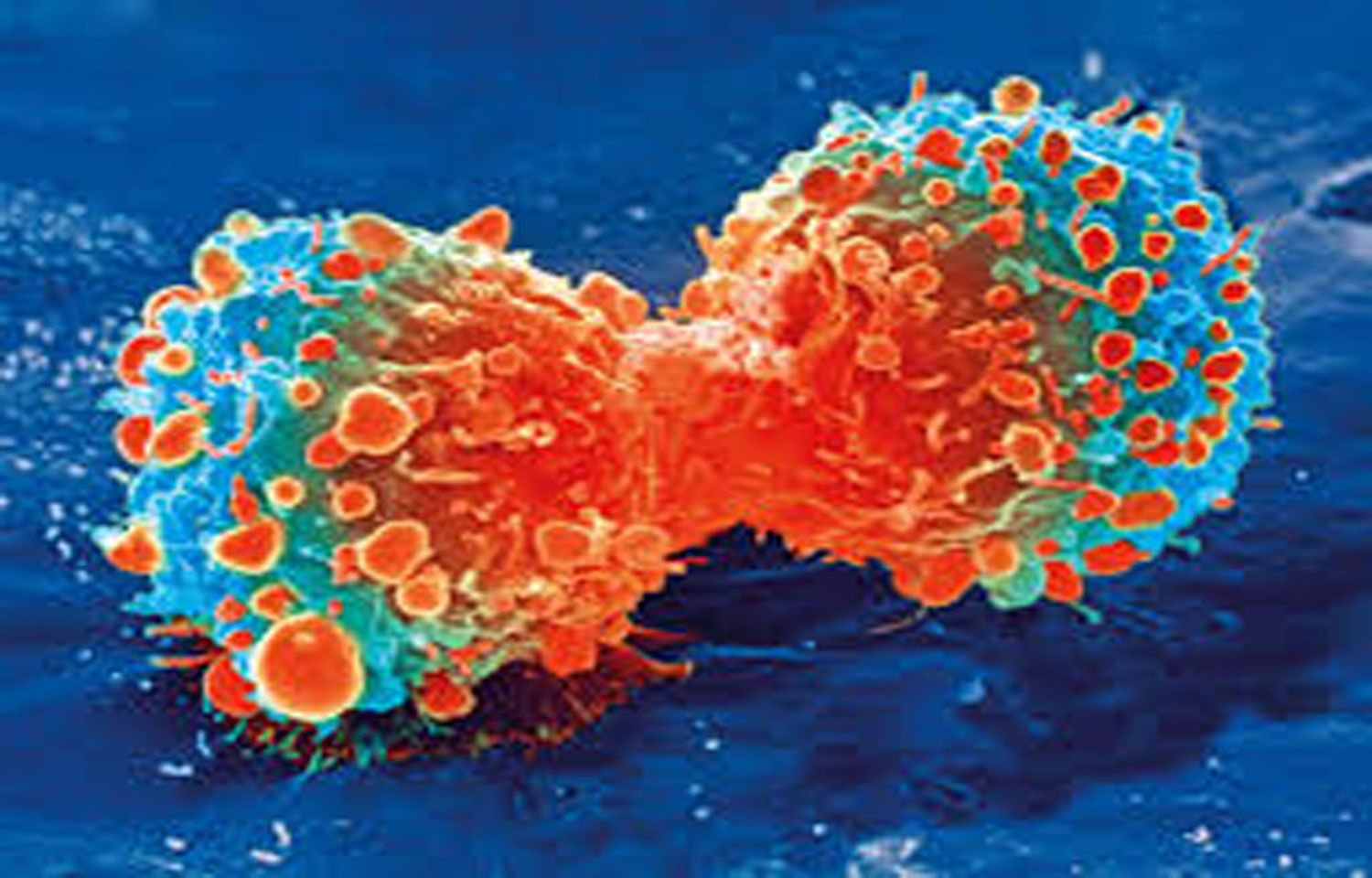A strange yet breakthrough discovery has been made in the study of throat cancer. Tobacco and alcohol use were substantial risk factors for getting throat cancer. However, current study has proven a definite link between throat cancer and oral sex.
Recent research has revealed that throat cancer can also be linked to oral intercourse and several sexual partners as a result of HPV viral transmission. According to the Brussels Cancer Registry Foundation, there were 2,766 new diagnoses of head and neck cancer in 2019, which translates to 24.2 new diagnoses per 100,000 population each year.
The great majority of the 2,058 diagnoses were made in men, while 708 new diagnoses were recorded in women.
“The frequency of HPV-related throat malignancies has grown in recent years,” stated Dr Pierre Delaere, Professor at UZ Leuven. Human papillomavirus (HPV) infection, which is transferred sexually between men and women, causes cancer behind the mouth cavity.
Cancer and Oral Sex
“Throat cancer is transmitted through oral intercourse. The immune system eliminates the virus from the body in the great majority of instances, but sometimes it does not, and the virus settles in the cells of the oral cavity, where it can cause a persistent infection. As a result, the cells may undergo a mutation, leading to throat cancer “Delaere elaborates.
Delaere goes on to say that’many more males than women suffer throat cancer, with the ratio believed to be around 70/30.’ The major explanation is that males smoke and drink more than women, but women have been catching up in recent years.
Throat cancer can occur in a variety of locations in and around the throat, including the oral cavity, the region behind the nasal cavity, the tonsils, and the base of the tongue.
Also Read: Depression among dads and children is connected, regardless of genetic relationship: Research
Because the symptoms are frequently vague at first, the disease is only discovered at an advanced stage. However, there are some definite indicators. “One of them is a recurrent sore throat. A painful throat that does not appear to go away might also be a sign. Coughing up blood, hoarseness, and swallowing difficulty are some symptoms. Swollen neck glands suggest a tumour in an advanced stage, according to Professor Delaere.
One advantage of this discovery is that several therapies are available based on the origin of the tumour. “In the event of HPV-related throat cancer, radiation treatment is typically sufficient, maybe in combination with chemotherapy.” The same is true for throat cancer caused by cigarette and alcohol use.
“However, following metastases in the neck glands, a procedure to remove the tumour is sometimes required. That removal is already being carried out by robots. If surgery is required, we may have to remove a portion of the throat, which has major effects for the patient because it is difficult to talk and swallow afterward “Delaere elaborated.
Fortunately, if cancer is identified in its early stages, the odds of a cure are 90%. When it is detected late, the odds of curing it are roughly 60%cancer
Follow Medically Speaking on Instagram





